If your boiler stops working in the middle of winter, you know how stressful that can be. A little regular care can stop most breakdowns before they happen. Below you’ll find practical steps to keep your heating reliable and your bills reasonable.
Boilers work hard every day, cycling hot water through radiators and taps. That constant pressure means parts wear out, seals dry, and dust builds up. Ignoring these signs leads to costly repairs or a complete replacement. A simple maintenance routine can add years to the life of your system.
Listen for strange noises. A rumbling, banging, or whistling sound usually points to air trapped in the system, a loose pipe, or a failing pump. Catching the noise early lets you bleed the radiators or tighten fittings before bigger damage occurs.
Watch the pressure gauge. Most residential boilers run between 1 and 1.5 bar when cold. If the reading constantly drifts below 0.5 bar or spikes above 2 bar, the pressure‑relief valve may be faulty, or the expansion vessel could need refilling.
Notice any leaks. Even a tiny drip under the boiler can signal a corroded heat exchanger or a loose pipe joint. Leaks not only waste water but also lower pressure and increase the risk of a dangerous gas leak.
Feel for uneven heat. If some radiators stay cold while others are hot, you probably have trapped air or a blocked pipe. This is easy to fix with a radiator bleed, but if it keeps happening you might have a larger circulation issue.
Pay attention to the boiler’s own alerts. Modern units flash error codes on the display panel. Look up the code in the manual – it often tells you whether it’s a sensor fault, a fan problem, or something that needs a professional’s tools.
Bleed radiators regularly. Turn off the heating, wait for the system to cool, and use a radiator key to release the trapped air. When water starts to flow steadily, close the valve. This simple step restores even heat and reduces boiler strain.
Check the condensate pipe. During winter the pipe can freeze, causing blockages and overflow. Keep it clear by gently warming the pipe with a hair‑dryer or pouring lukewarm water down it each month.
Clean the area around the boiler. Dust and debris can block the ventilation slot, making the unit work harder and overheat. A quick vacuum or brush sweep every few weeks keeps airflow optimal.
Test the pressure relief valve. Lift the test lever on the valve (it should be off the system) and let a short burst of water escape. If it doesn’t release, the valve is stuck and needs replacing.
Schedule an annual service with a Gas Safe engineer. Even if you do all the DIY tasks, a professional will check gas connections, combustion, and carbon monoxide safety – things you can’t test yourself.
When you call a qualified engineer, ask for proof of Gas Safe registration and a written quote. A good tech will explain what they’re doing, show you any worn parts, and give you a realistic timeline.
Regular professional servicing can catch hidden issues like micro‑cracks in the heat exchanger or a weakening pump motor. Fixing these early avoids emergency breakdowns and can lower your energy bills by up to 15%.
Finally, keep a record of every service, repair, and DIY check. A simple notebook or digital log helps you notice patterns, plan future maintenance, and may even boost the resale value of your home.

Discover how much boiler service costs in 2025, what affects the price, what's included, and tips to save money while keeping your heating safe and reliable.

Ever wonder if switching your boiler on and off harms it? This article unpacks how boilers handle frequent power cycles, what really wears them out, and when switching off could save you cash or cause problems. Find out the best ways to run your boiler for both safety and savings. Practical tips and real facts—all in plain English. Avoid costly repairs by knowing how to treat your boiler right.

Thinking about how long your boiler will keep working? This article explains the real lifespan of boilers, the factors that affect how long they last, and how to spot when yours might be on its last legs. You'll get practical tips for stretching out your boiler's life and advice about when it's smarter to repair or just replace. Stay warm and avoid surprise breakdowns with these straightforward facts.
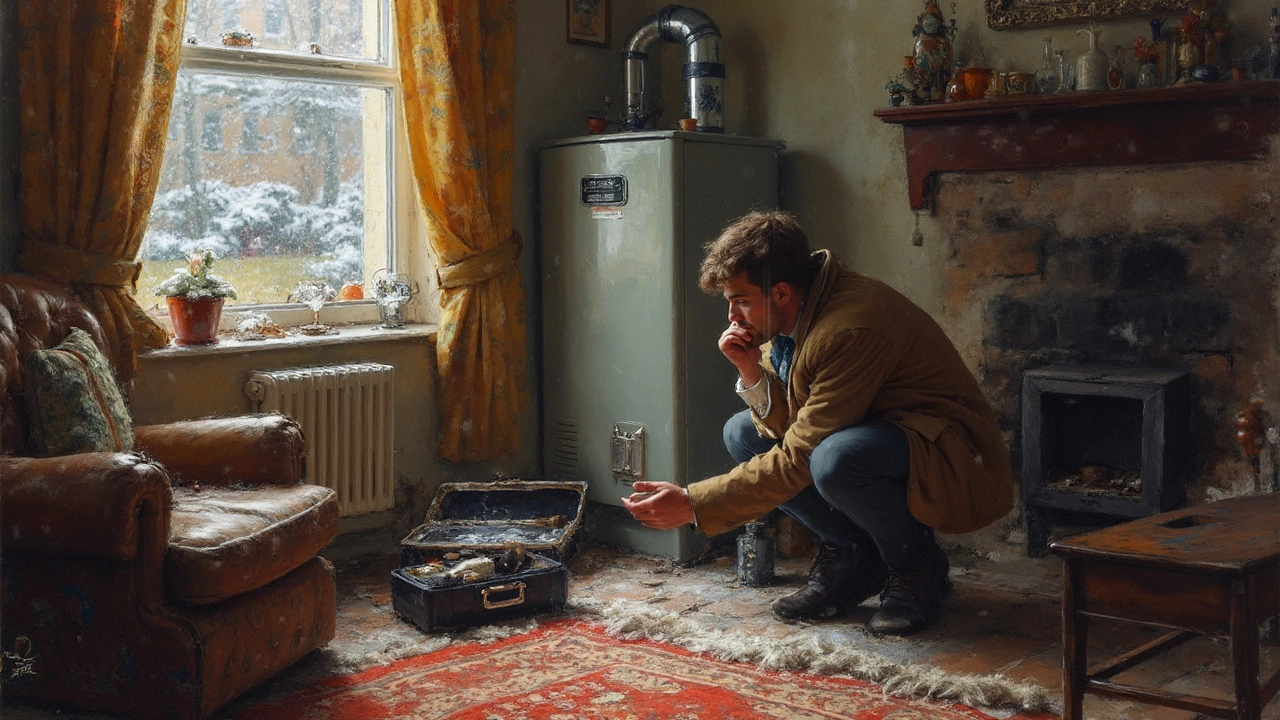
Struggling with a troublesome boiler? Discover the most frequent issues like lack of heat, strange noises, and leaking water. Learn practical tips and tricks on how to diagnose and fix these problems on your own. Recognize when it's time to call a professional and keep your home warm and comfortable.
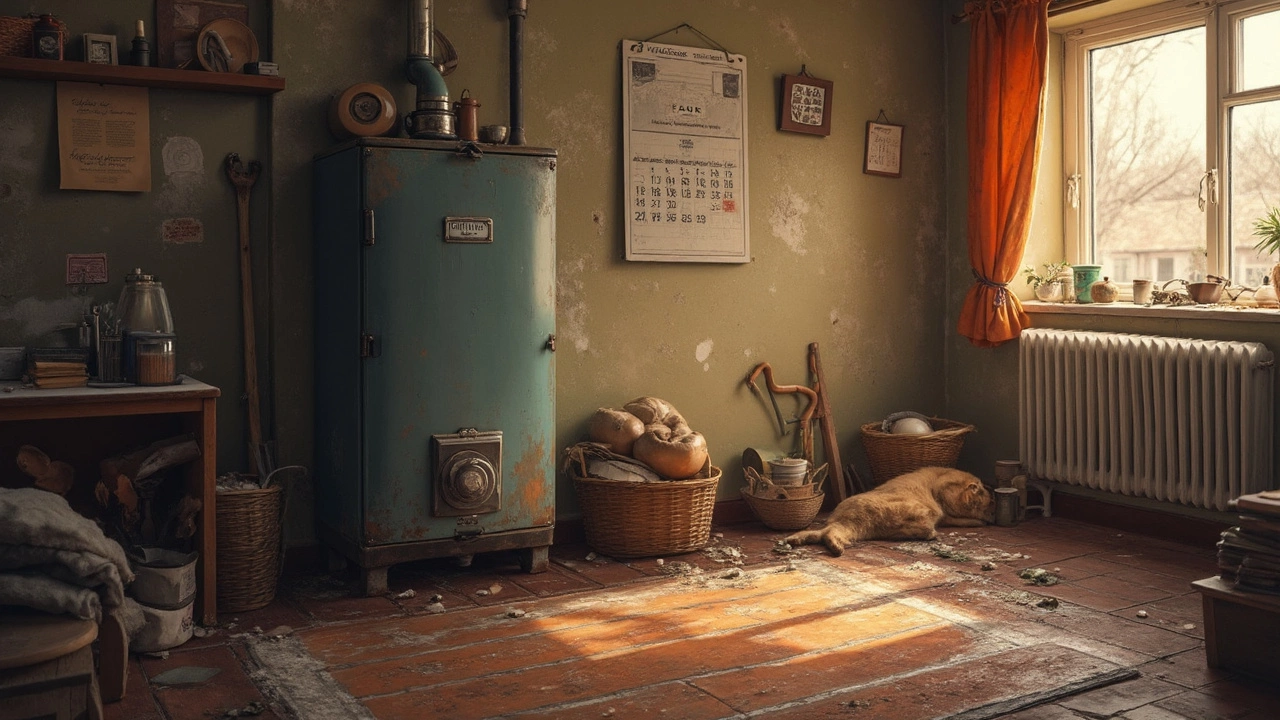
In the world of home heating, boilers are real workhorses. But have you ever wondered how long your trusty boiler will keep chugging along? Typically, a boiler can last anywhere from 15 to 20 years, depending on various factors like maintenance, usage, and quality of installation. Knowing when to fix or replace your boiler not only ensures a warm home but also helps you avoid unexpected expenses.
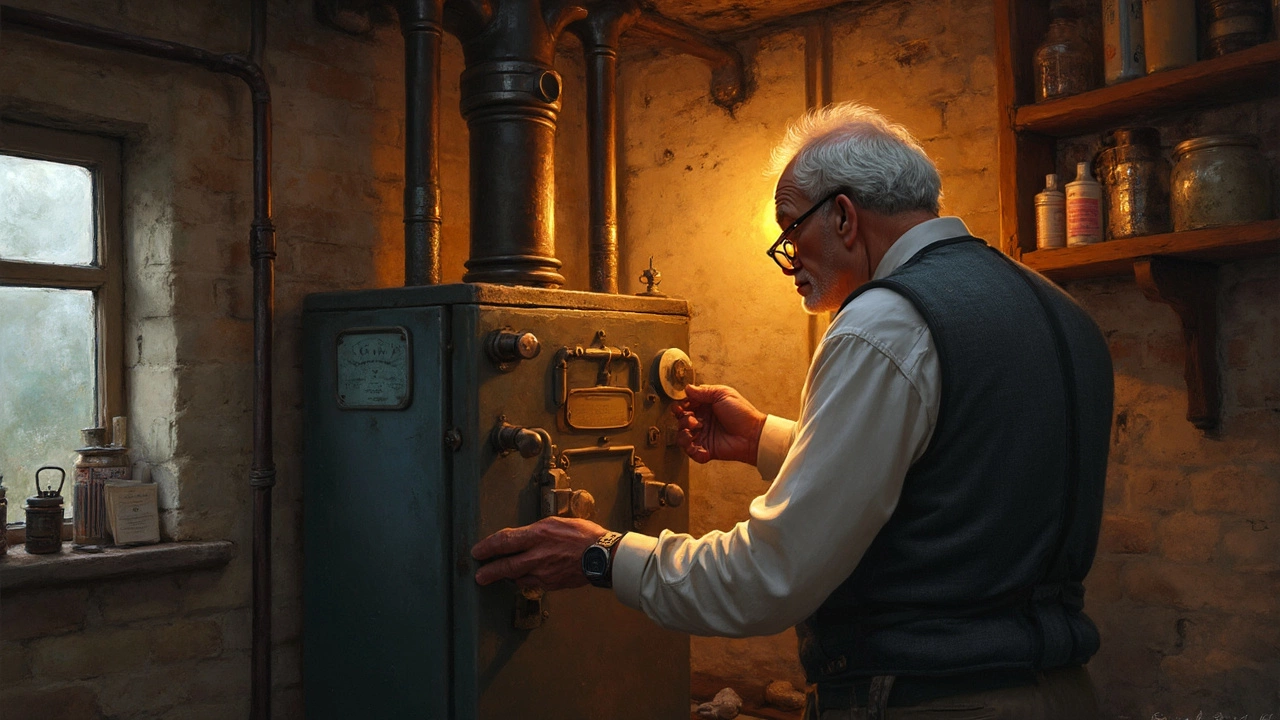
Boiler lifespan can vary greatly depending on usage, maintenance, and type. On average, boilers last anywhere from 10 to 15 years. Regular maintenance is key to prolonging the life of your boiler and ensuring it functions efficiently. In this article, discover how to keep your boiler in top shape and when it might be time to replace it.
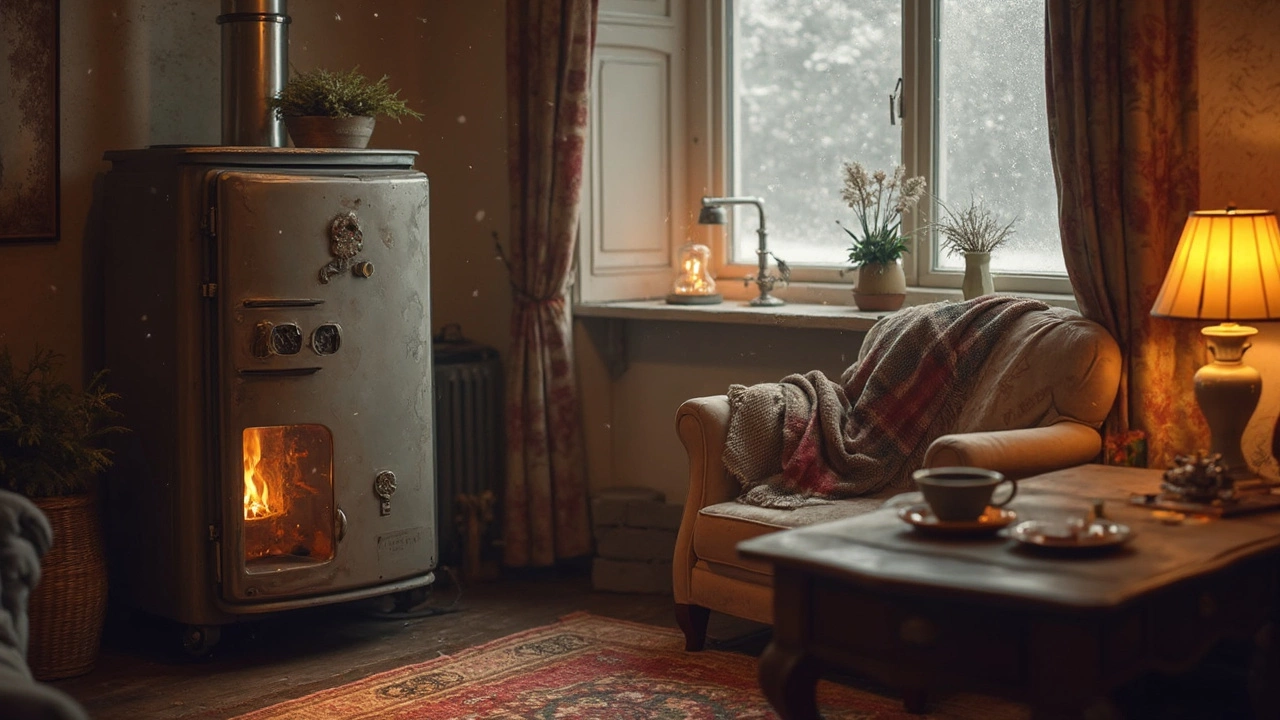
Boilers are the unsung heroes of many homes, tirelessly keeping us warm through the coldest months. But how long can these mighty machines really last? This article delves into the factors affecting boiler lifespan, maintenance tips for longevity, and whether hitting the five-decade mark is realistic. Learn about the signs of wear and when it might be time for an upgrade.
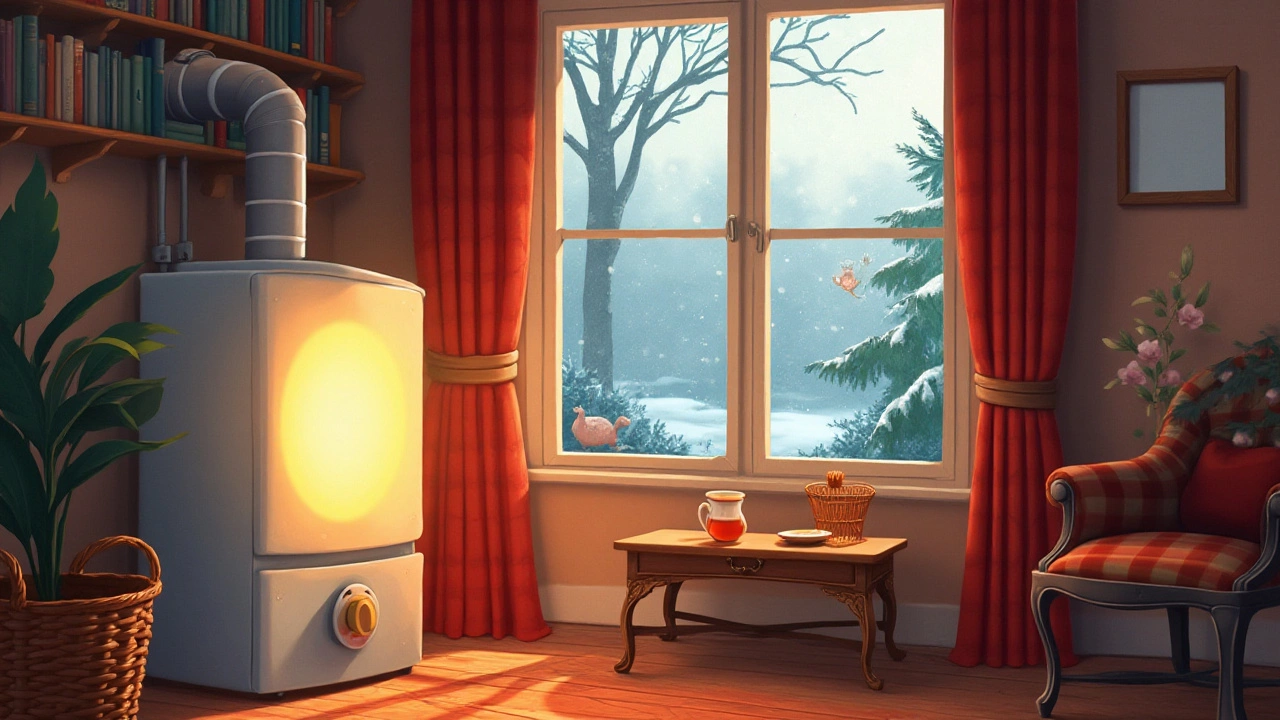
Neglecting boiler maintenance can lead to a series of unfortunate events, from reduced heating efficiency to costly breakdowns. A neglected boiler could become a safety hazard, potentially increasing the risk of carbon monoxide poisoning. Regular servicing can enhance your boiler’s longevity, ensuring a warm home environment during cold spells. Discover why these routine check-ups are more crucial than many realize and learn how they can save you from avoidable expenses.

Boiler servicing is an essential aspect of home maintenance that ensures safety and efficiency. While it might seem tempting for homeowners to attempt servicing their own boilers, it's crucial to understand the complexities and risks involved. This article explores whether boiler maintenance can be a DIY project, providing key tips and insights. It offers guidance on what aspects are safe to handle on your own and when to call in a professional.
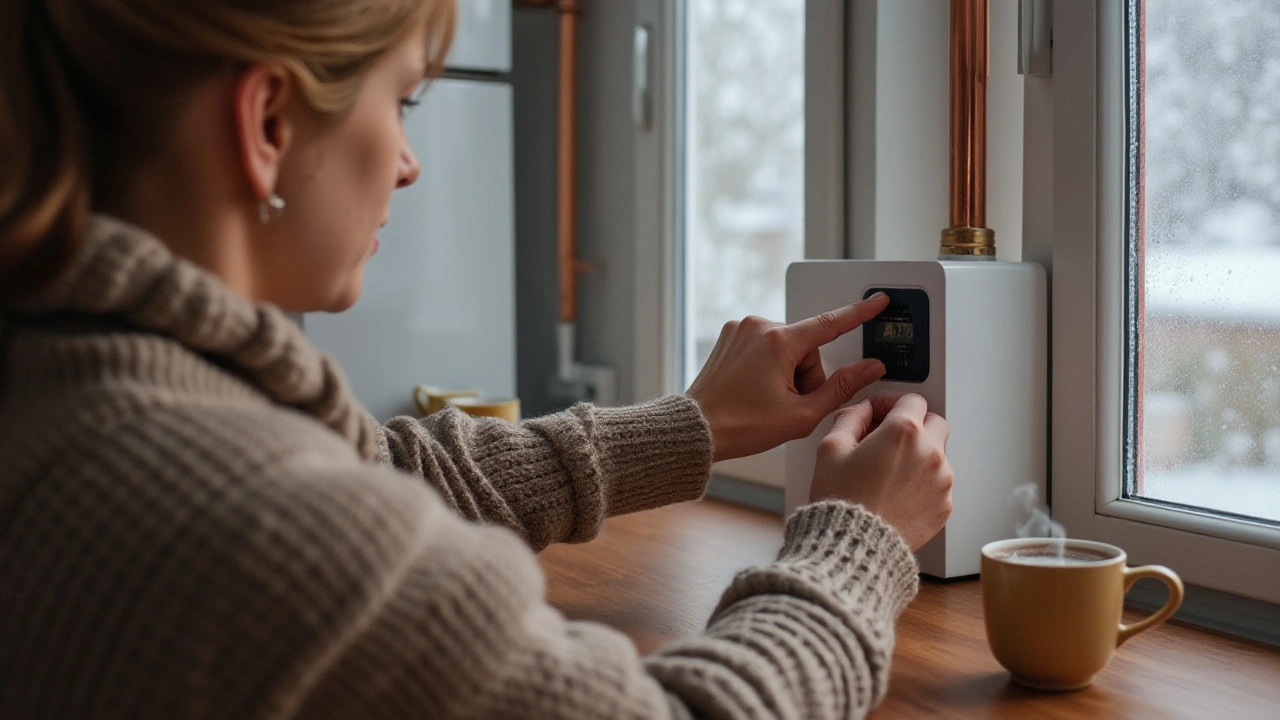
Maintaining a boiler goes beyond just an annual check-up. Regular maintenance ensures that your heating system runs efficiently, prolonging its lifespan and saving money on repairs. This article delves into necessary care tips, signs indicating a need for professional help, and actions homeowners can take to keep their boilers in top shape. Understanding the importance of each maintenance task can help prevent unexpected breakdowns, especially during colder months.
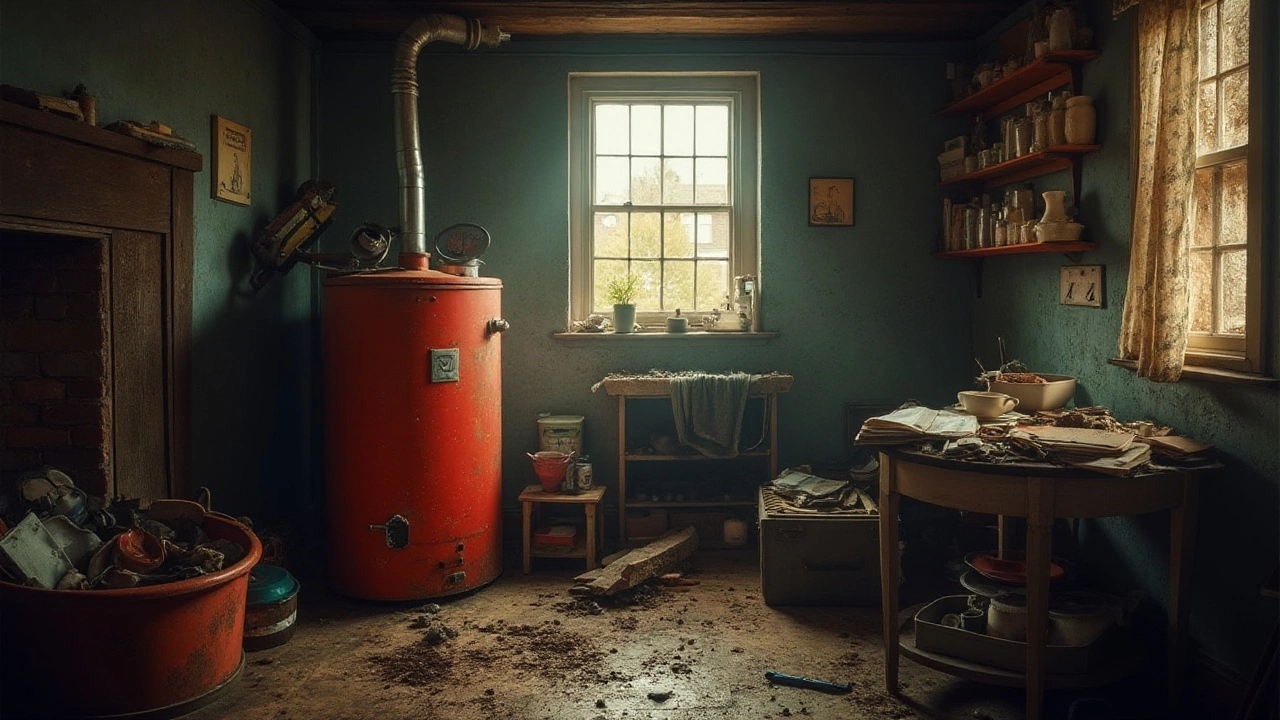
A 40-year-old boiler can pose potential safety risks. Understanding the wear and tear it undergoes over the decades is crucial. Regular maintenance and safety checks are essential to ensure it operates safely. Homeowners should consider the pros and cons of keeping such an old appliance. Discover tips and advice on making informed decisions regarding your boiler's safety and efficiency.

Boilers, integral to any home heating system, don't last forever. Understanding their lifespan can help you plan timely maintenance and replacements to ensure efficient heating. In this article, we explore how long you can expect your boiler to serve you, what affects its longevity, and how regular care can make a difference. By understanding these aspects, homeowners can make informed decisions regarding their heating needs and avoid unexpected failures.
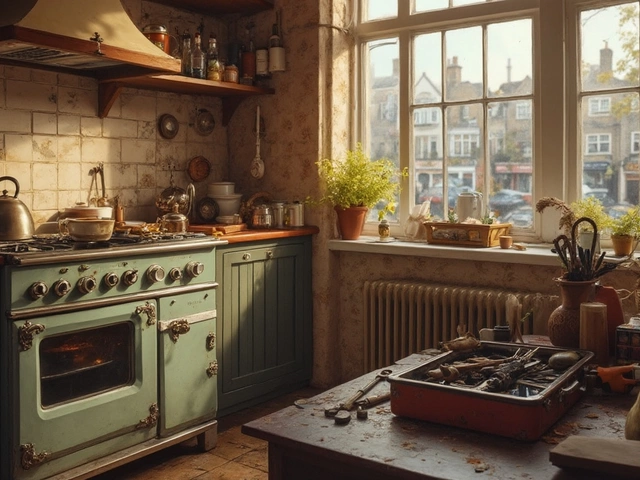
Deciding whether to repair an electric oven after five years can be tricky, especially with advancing technology and evolving household needs. This article explores the practical aspects of oven repair, including cost-benefit analyses, common issues, and DIY tips to help inform your decision. By understanding key factors like repair costs versus replacement options, you can make an informed choice. Learn how to assess the condition of your oven and get tips on when professional help might be needed.

Most extractor fans can be repaired with simple fixes like cleaning, capacitor replacement, or tightening parts. Learn when DIY works and when to call a pro to avoid costly damage from damp and mold.
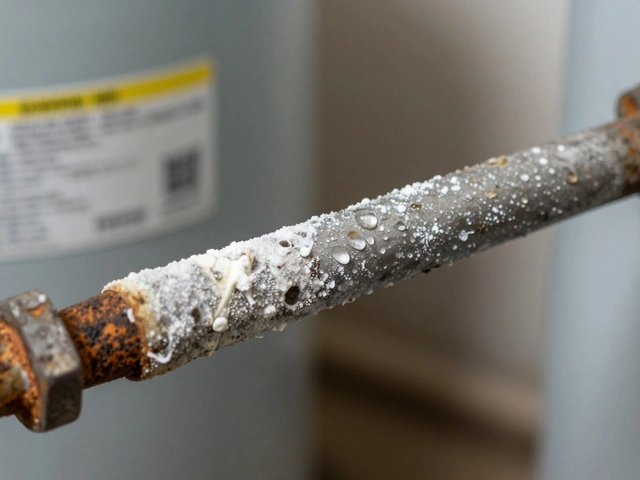
Water heaters commonly fail due to anode rod corrosion, heating element burnout, thermostat issues, and tank rust. Learn the top 5 causes and how to prevent them before you're left with no hot water.
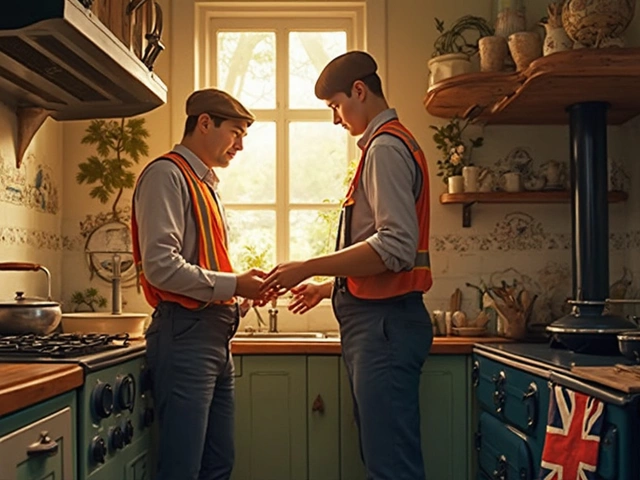
Thinking about installing a new electric oven? It's not always as simple as plugging it in. Discover the ins and outs of electric oven installation with tips on wiring, safety precautions, and when to call a professional. Learn what to check before attempting to plug in a new unit and how to ensure everything's set up correctly for safe and efficient use.
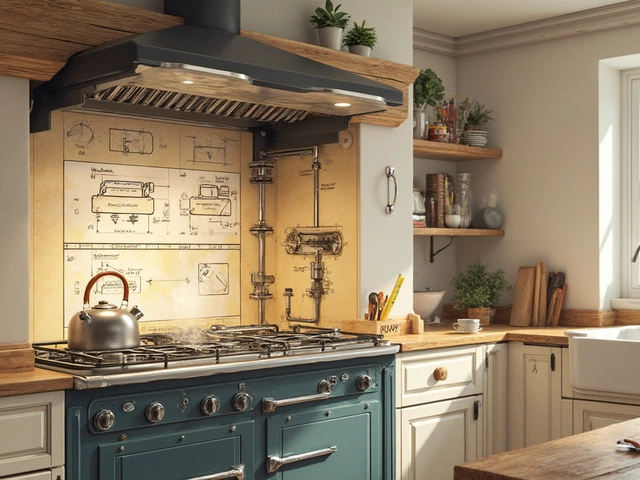
Extractor fans are essential for maintaining good air quality, especially in kitchens and bathrooms. When they stop working, it might be due to electrical, mechanical, or cleanliness issues. Understanding the root causes of fan failures can save you time and money in repairs. Discover common problems, practical tips, and preventive measures to keep your fan spinning efficiently.